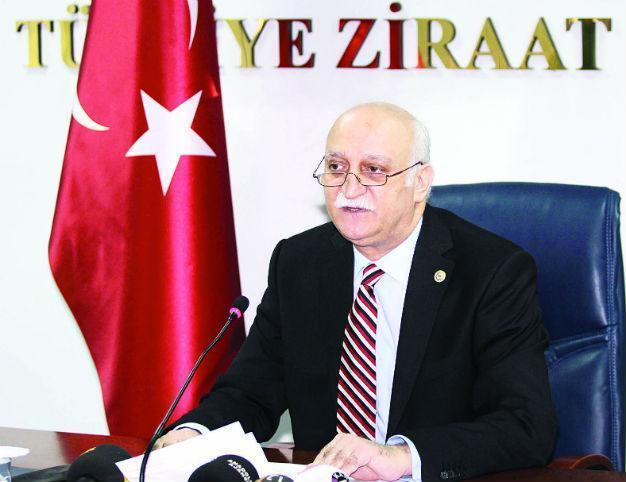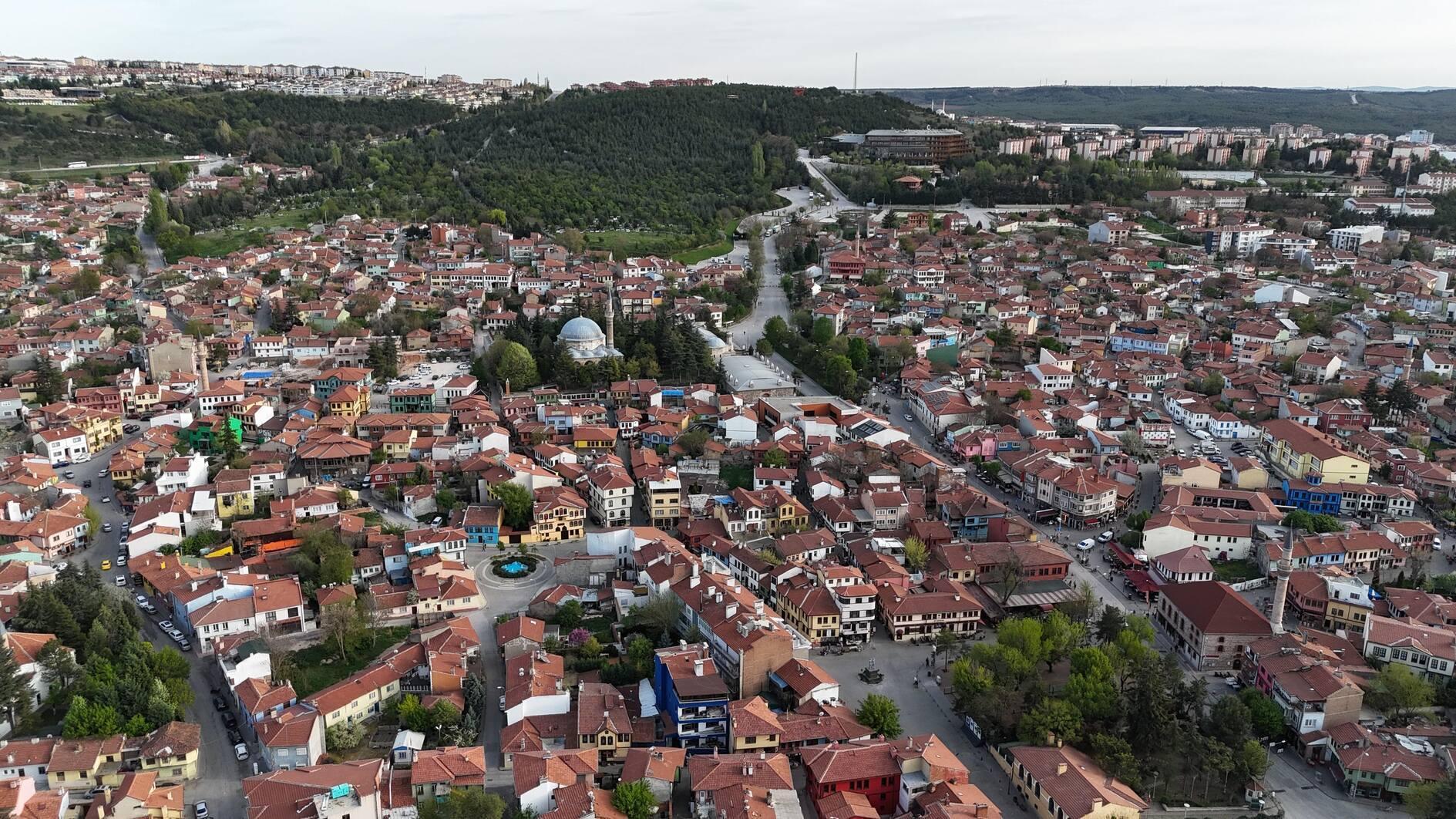Local producers object to meat imports amid high prices
ANKARA
 The Agriculturalists Association of Turkey (TZOB) has voiced opposition to a government decision to permit meat imports, saying the rise in domestic red meat production rules out the need for imports.
The Agriculturalists Association of Turkey (TZOB) has voiced opposition to a government decision to permit meat imports, saying the rise in domestic red meat production rules out the need for imports.The government, however, has claimed the price of imported meat will not exceed local production costs as the main aim is to increase the number of animals.
“We have already seen a rapid rise in animal production as the red meat production increased 14 percent in 2015 to around 1.14 million tons compared to the previous year. As TZOB members, we are against the permit for meat imports. Even the possibility of such moves is enough to create big concern among producers,” TZOB President Şemsi Bayraktar said Feb. 17.
“As long as they can feel confidence in the future, they will raise production … More than $3.7 billion in meat imports since 2010 have not created any easing on meat prices,” Bayraktar said.
In a speech at the Planning and Budget Commission, Food and Agriculture Minister Faruk Çelik said the government had been determined to slash meat prices, but any price that is lower than the local production costs is not planned.
“We are not setting any market price for the imported meat lower than the local production costs. We want to increase the number of animals in the country. In addition to meat imports, other costs should be dropped, such as fodder prices. Then meat prices will decline,” he said.
The cabinet signed a decision allowing more meat to be imported in order to block speculative moves that hiked prices in early February.
According to data from the Central Bank, meat prices rose by 21 percent in 2015 compared to the previous year, making meat one of the most prominent items pushing up the annual inflation rate. Turkey’s inflation rate increased to 8.81 percent in 2015. The Food and Agriculture Ministry has also decided to impose a price ceiling for red meat in a bid to control recent rises.
















